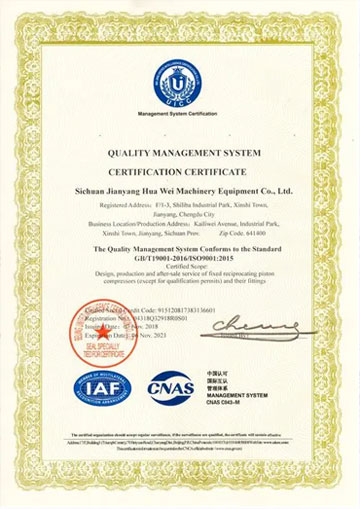

GI Stud Bolt Specifications and Applications in Fastener Industry
Th10 . 31, 2024 22:48 Back to list
GI Stud Bolt Specifications and Applications in Fastener Industry
An Overview of GI Stud Bolts in Fastener Applications
When it comes to fastening solutions in various industries, the GI (Galvanized Iron) stud bolt emerges as a prominent choice. These fasteners are renowned for their strength, durability, and resistance to corrosion, making them suitable for a myriad of applications, from construction to manufacturing.
Understanding GI Stud Bolts
GI stud bolts are essentially long, threaded rods that feature a head on one end, with the opposite end often being threaded to allow for a secure connection with nuts and other fastening hardware. The galvanization process involves coating the iron with a layer of zinc, which significantly enhances its resistance to rust and environmental degradation. This attribute is vital, particularly in outdoor applications or environments exposed to moisture and corrosive agents.
Applications of GI Stud Bolts
One of the most common applications of GI stud bolts is in structural engineering. They are often used to secure steel beams, columns, and other heavy components in buildings and bridges, providing essential support and stability. Additionally, these fasteners are widely used in pipelines, particularly in the oil and gas sector. The ability of GI stud bolts to withstand high pressure and corrosive conditions makes them ideal for securing flanges and joints in piping systems.
gi stud bolt - fastener

Another area where GI stud bolts prove beneficial is in the manufacturing of machinery and equipment. These fasteners are integral to assembling various components, ensuring that parts remain securely connected during operation. This reliability is particularly critical in high-stress environments where equipment must perform under heavy loads.
Advantages of Using GI Stud Bolts
The use of GI stud bolts offers several advantages over other types of fasteners. The most significant benefit is their enhanced resistance to corrosion owing to the galvanized finish. This property ensures that the bolts maintain their integrity and performance over time, reducing the need for frequent replacements and maintenance.
Additionally, GI stud bolts exhibit high tensile strength, allowing them to withstand substantial forces without deformation. This characteristic is essential in applications that demand high levels of reliability and safety. Furthermore, the threaded design allows for easy installation and removal, making them a convenient choice for construction and assembly processes.
Conclusion
In summary, GI stud bolts are an essential component in the fastener industry, providing unmatched strength and resilience across numerous applications. Their corrosion resistance, high tensile strength, and ease of use make them a preferred choice for engineers and manufacturers alike. As industries continue to evolve, the demand for reliable fasteners such as GI stud bolts will undoubtedly remain strong, underlining their importance in both contemporary and future projects. Whether in construction, manufacturing, or energy sectors, GI stud bolts are poised to play a critical role in ensuring safety and stability in various applications.
Latest news
-
Hot Dip Galvanized Bolts-About LongZe|High Strength, Corrosion Resistance
NewsJul.30,2025
-
High-Strength Hot Dip Galvanized Bolts - Hebei Longze | Corrosion Resistance, Customization
NewsJul.30,2025
-
Hot Dip Galvanized Bolts-Hebei Longze|Corrosion Resistance&High Strength
NewsJul.30,2025
-
High-Strength Hot-Dip Galvanized Bolts-Hebei Longze|Corrosion Resistance&High Strength
NewsJul.30,2025
-
Hot Dip Galvanized Bolts-Hebei Longze|Corrosion Resistance&High Strength
NewsJul.30,2025
-
Hot Dip Galvanized Bolts - Hebei Longze | Corrosion Resistance, High Strength
NewsJul.30,2025

